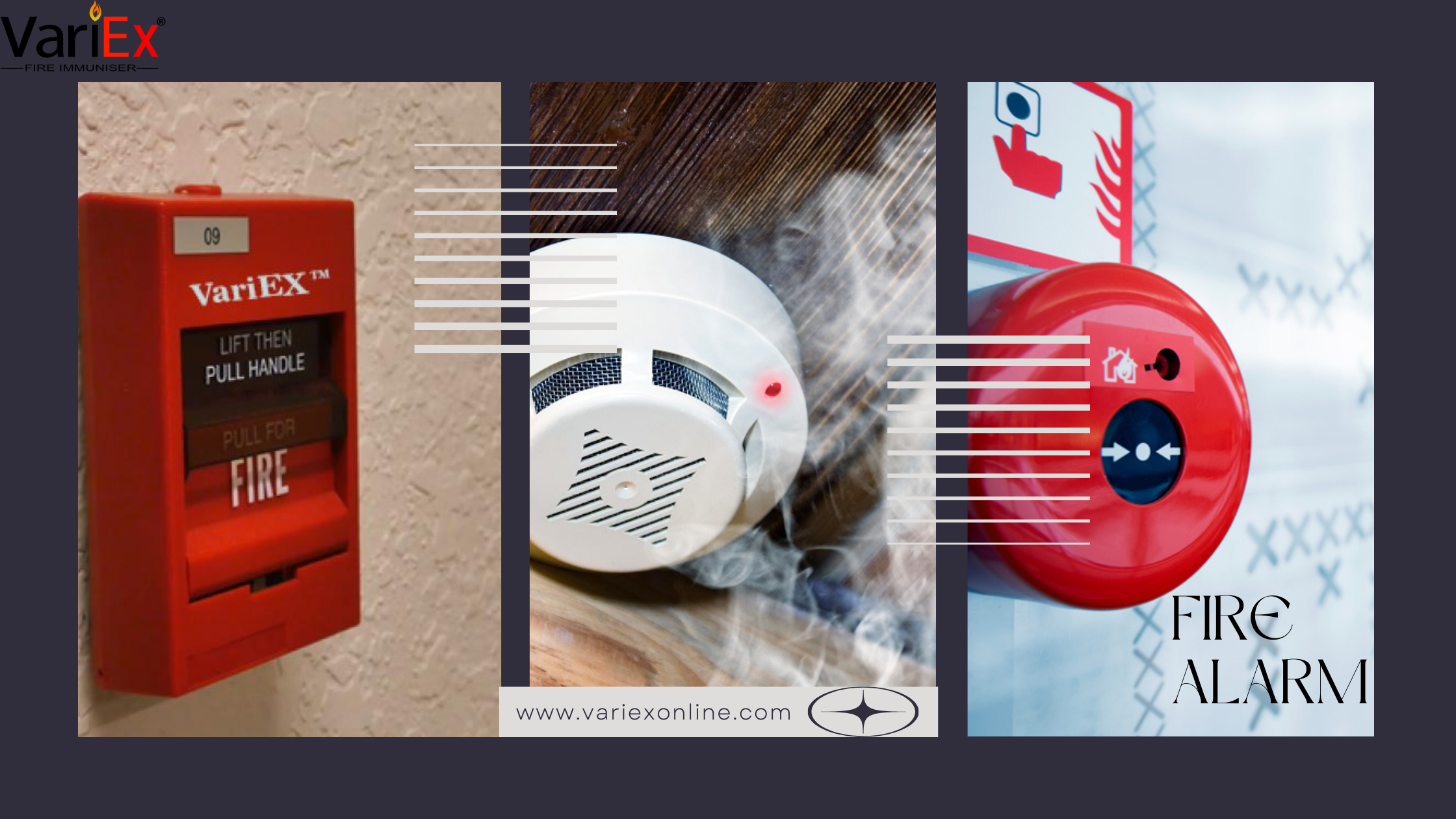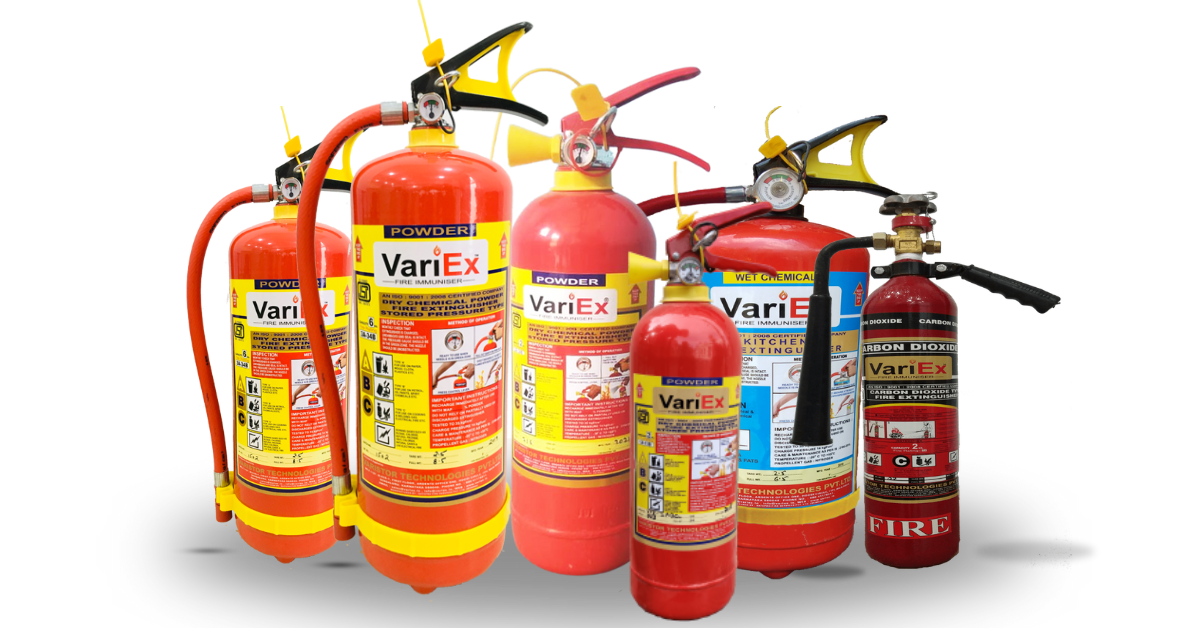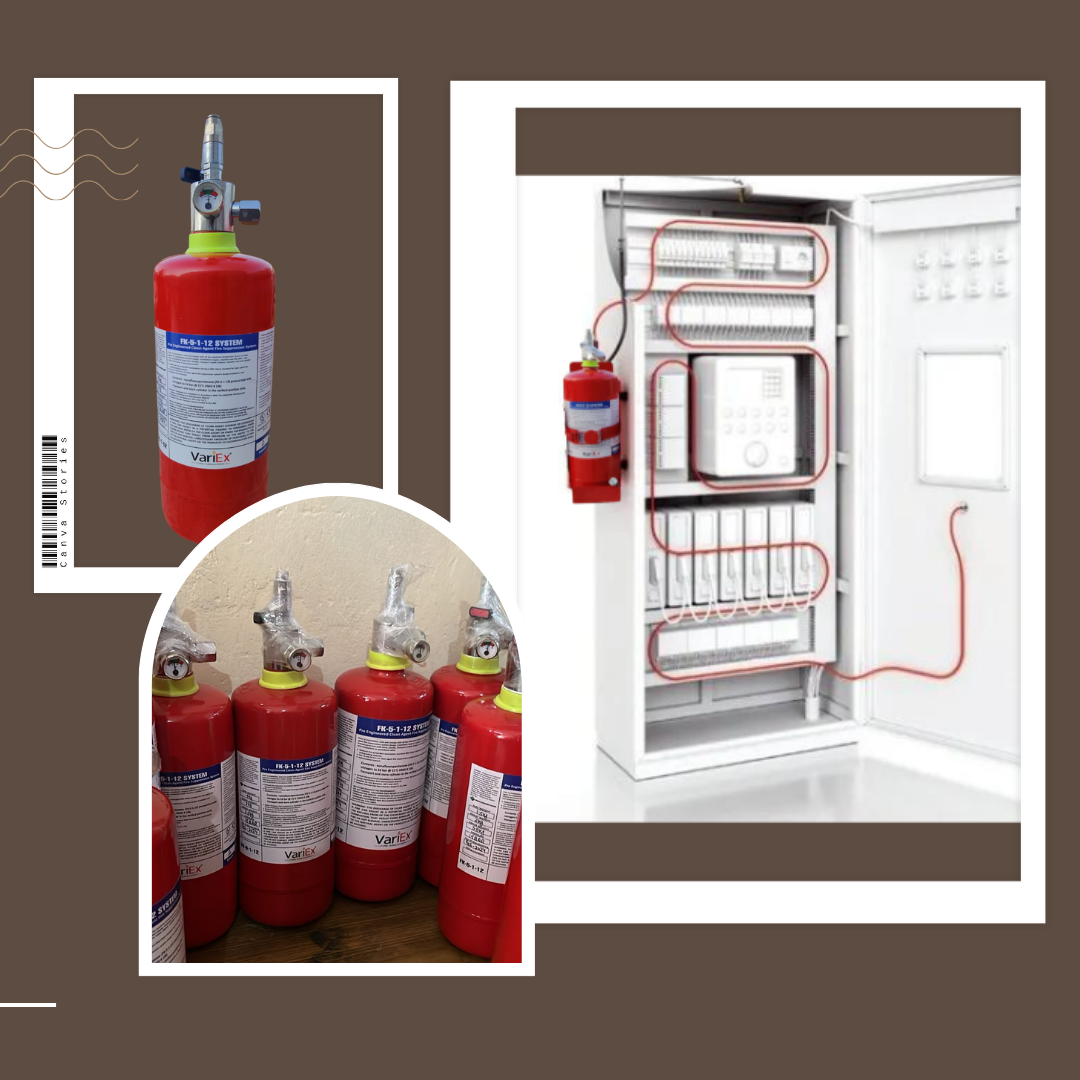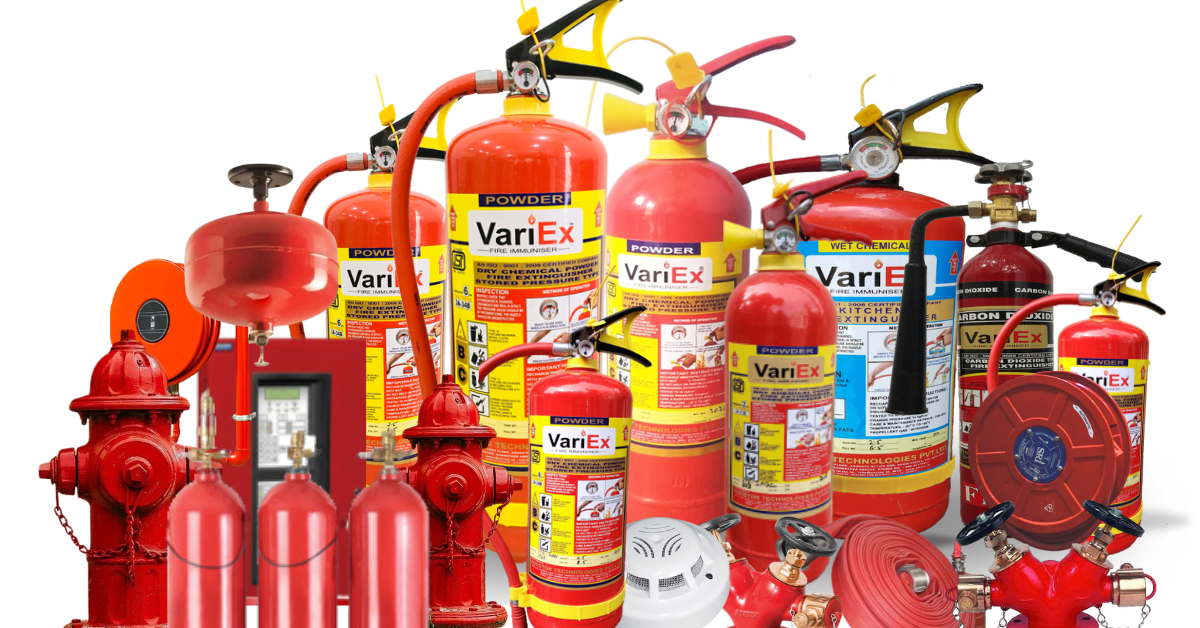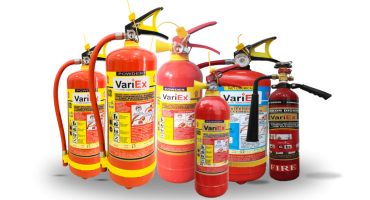![]()
Fire Immuniser
+91-7829629111
Email: info@variex.in
Varistor Technologies Pvt. Ltd.
Block-1, First Floor, Ardente Office One, Hoodi Circle, ITPL Main Road, Bengaluru, Karnataka 560048, IN
Do Fire Alarms Detect Smoke
Do Fire Alarms Detect Smoke
Without a doubt, fire alarms play an integral role in ensuring our safety against fires. However, the question that often arises is - do fire alarms detect smoke, or are they solely designed to sense heat and flames? This confusion is understandable since the concept behind the detection systems of fire alarms can be complex and multifaceted. Fortunately, this article aims to demystify the functionality of fire alarms and delve into the intricacies of how they identify potential fire hazards. This article is to help you comprehend how your fire alarms operate and understand the importance of their proper maintenance.
Understanding Fire Alarms
The foundational step towards understanding fire detection involves understanding what fire alarms are. Fire alarms are devices designed to detect and alert people when fire, smoke, or other forms of danger are observed. They generally work by detecting either smoke, heat, or a combination of both. When the alarm senses danger, it triggers a loud noise, and in some systems, a voice evacuation message is dispatched to alert people. The core function of a fire alarm system is to save lives, prevent injuries, and minimize property damage by providing early detection and notification of a fire emergency. It’s worth noting that smoke detectors are actually a subset of fire alarms and are often integrated into comprehensive fire alarm systems, but that's a topic for another conversation.
Types of Fire Alarms
Fire alarms come in various designs and technologies, each with its unique way of identifying a potential fire. The three main types of fire alarms are ionization alarms, photoelectric alarms, and combination alarms.
Ionization alarms are extremely sensitive to flaming fires. These alarms operate on the principle of ionization, referring to the process of electrically charging air molecules. In the ionization chamber of such an alarm, there are two electrically charged plates and a small amount of radioactive material. When smoke enters this chamber, it disrupts the ionization process, reducing the current and activating the alarm.
In contrast, photoelectric alarms are more responsive to smoldering fires, which produce more smoke than flames. They contain a light-emitting diode and a light-sensitive sensor in a sensing chamber. When smoke particles enter the chamber, the light beams are scattered and redirected to the sensor, subsequently triggering the alarm.
As the name suggests, combination alarms incorporate both technologies, providing comprehensive fire detection coverage. They can efficiently detect both flaming and smoldering fires, demonstrating the importance of both detecting smoke and extreme heat in a fire alarm system.
Why do Fire Alarms need to Detect Smoke?
Smoke detection is a crucial aspect of any fire alarm system. This is because, in many circumstances, smoke can be a more reliable indicator of fire than heat. In fact, the majority of fire-related deaths result from smoke inhalation rather than burns. Therefore, having a device that can detect smoke early is exceedingly important to ensure the safety of your building's occupants.
Smoke travels faster than heat and can fill a room long before an increase in temperature is even detected. It can warn of both smoldering fires, which emit a lot of smoke and can smolder for hours before bursting into flames, and high heat fires, which release smoke as materials are consumed.
Maintenance of Fire Alarms
Regardless of their specific type or detecting technology, regular maintenance and testing are critical to all fire alarms. This routine check ensures the devices are in working order and will alert residents if a fire hazard arises. Maintenance typically involves cleaning, inspecting, and testing the alarms at regular intervals- often at least once a month. This helps validate that the sensors are responding correctly and the alarm sound is sufficiently loud.
Battery replacement is another crucial aspect of maintenance. It's recommended to replace the batteries at least once a year or whenever the alarm signals a low battery warning. Some models come with a 'sealed' 10-year battery that needs to be replaced every decade.
Conclusion
In conclusion, fire alarms do indeed detect smoke. Depending on their type, they use different technologies to identify smoke particles or disruptive changes in ionized air. The detection of smoke in a fire alarm system is not just a supplementary function; it's a key feature that often provides the immediate warning necessary to safely evacuate the premises during a fire emergency. It's important to understand how these lifesaving devices work and ensure they are well maintained to function effectively when needed. Fire alarms are certainly a pivotal component in our protective measures against fire and the invaluable peace of mind they impart can't be overstated.
Explore our products Range
Final Say
At VariEx.in and VariexOnline.com, we specialize in supplying and installing top-quality fire fighting systems and equipment. From fire extinguishers to advanced suppression systems, we offer comprehensive solutions tailored to your needs. Our experienced team ensures precise installation and maintenance for optimal safety.
Trust VariEx for reliable fire protection. Contact us online or call 7829629111 to learn more.


